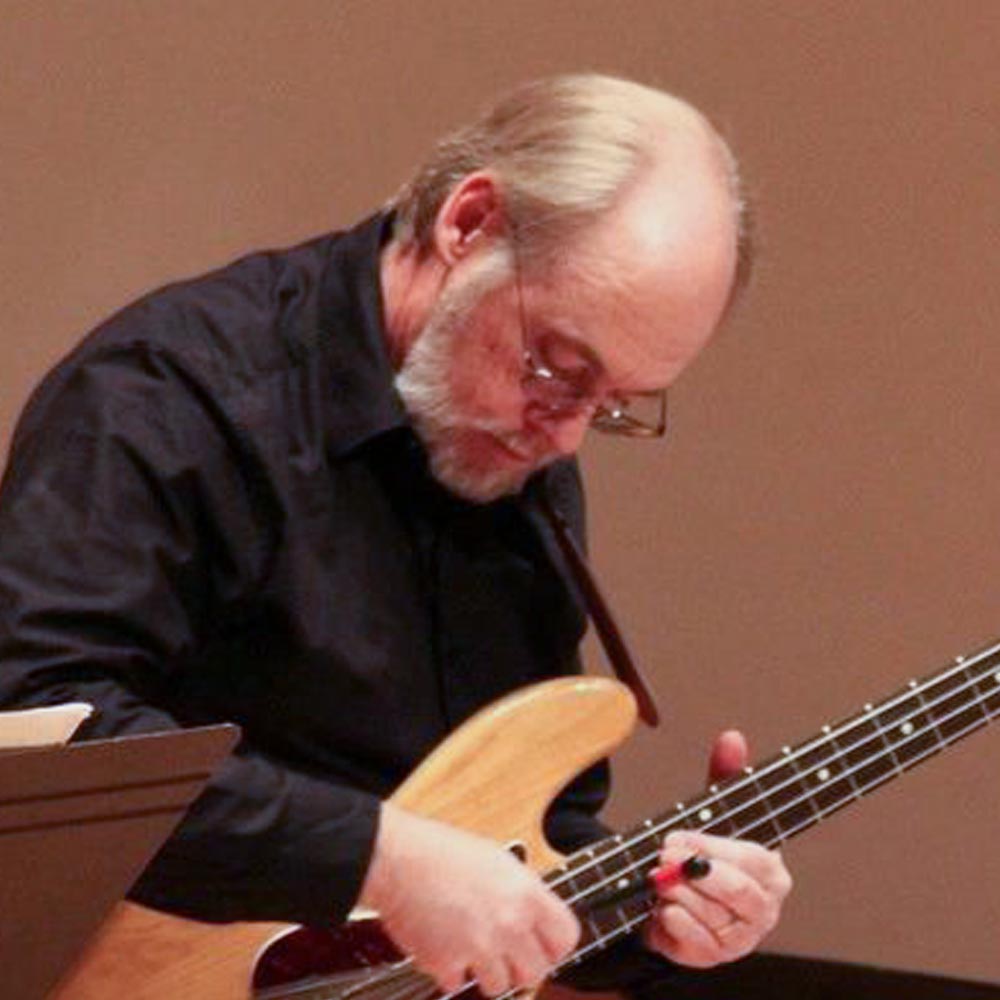
Composer
Brian Belet lives in northwestern Oregon (USA) with his partner and wife Marianne Bickett. His music is recorded on audio CDs published by Capstone, Centaur, Frog Peak Music, IMG Media, Innova, New Ariel Recordings, PARMA Recordings (Navona and Ravello imprints), SWR Music/Hänssler Classic, and the University of Illinois labels; with research published in Contemporary Music Review, Organised Sound, Perspectives of New Music, Proceedings of the International Computer Music Conference, and Proceedings of the International Web Audio Conference. Dr. Belet retired from San Jose State University as Emeritus Professor of Music in 2020.

Clarinetist
A concert clarinetist of international reputation, Burton Beerman has been hailed by audiences as one of the leading clarinetists of contemporary and avant-garde music whose virtuosity and technical control of the instrument establish him as an extraordinary and compelling performer. As a composer he has straddled both the worlds of acoustic and computer music and is particularly known for the graceful integration of interactive video, electric clarinet and dance. Performances have taken place in such international arenas as Paris, London, Brussels, Tokyo, Mexico City, New York City, Los Angeles, Atlanta, Houston and Chicago. Founder of the acclaimed New Music Festival of Bowling Green State University, he is director of the University's Music Technology Studios.
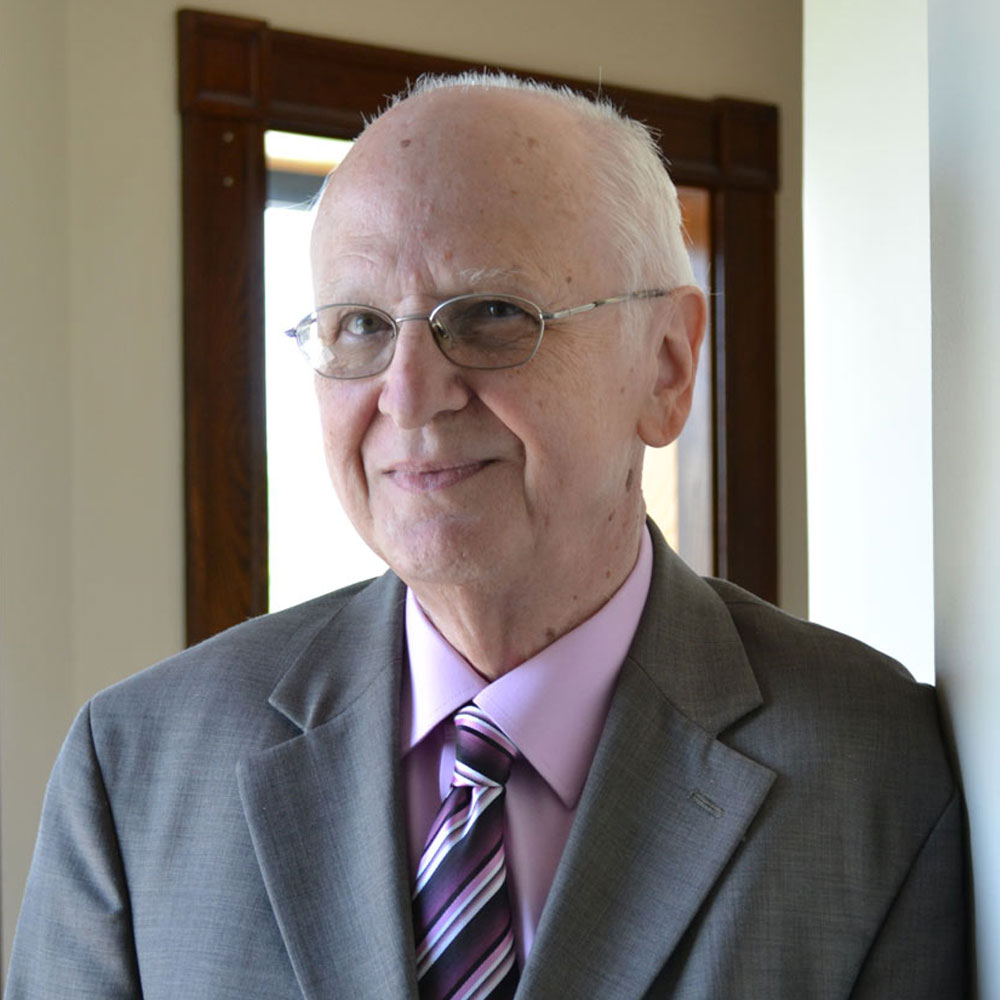
Composer
Alan Beeler completed his graduate study in theory and composition at Washington University, where he received an M.A. and Ph. D. He studied composition with Robert Wykes, Robert Baker, and Harold Blumenfeld, theory with Leigh Gerdine, and musicology with Lincoln Bunce Spiess and Paul Amadeus Pisk.
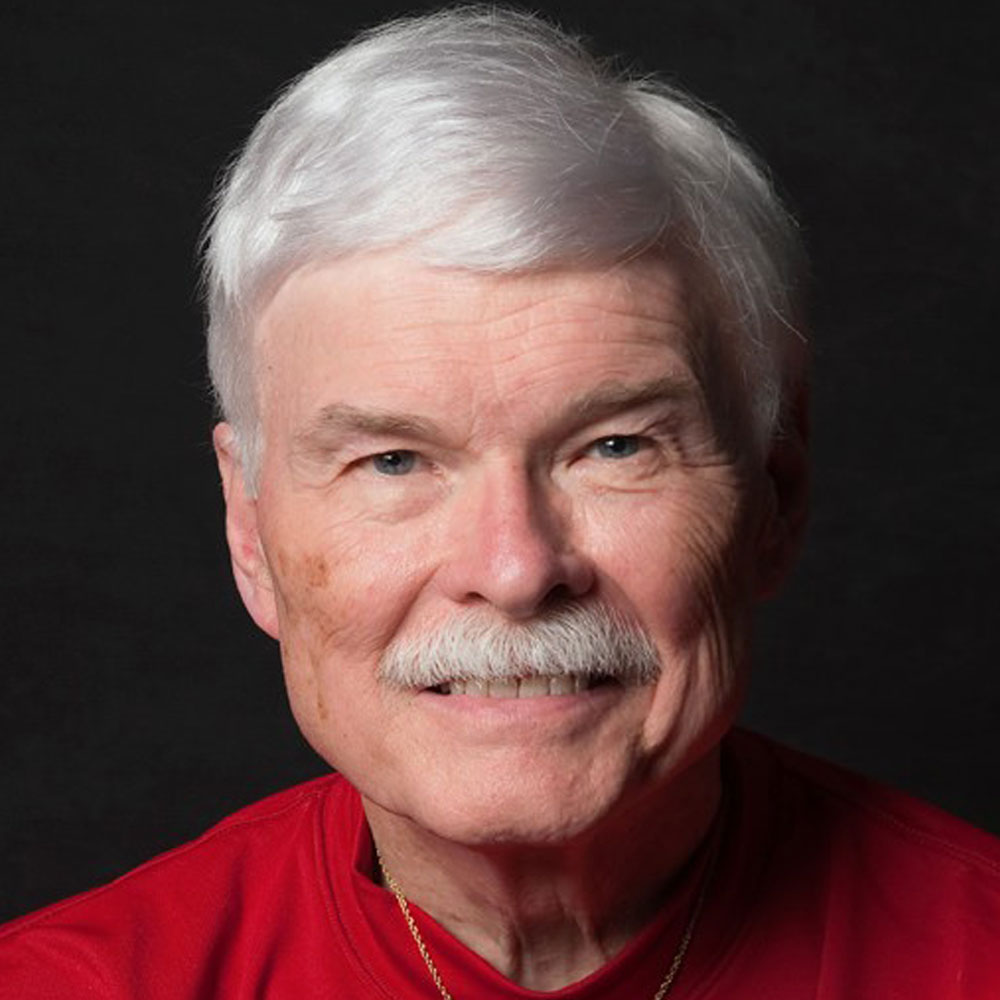
Composer
John Beall, a native Texan born in 1942, has been Composer in Residence at West Virginia University since 1978. Through his increasing devotion to hymn and folk sources of West Virginia and the surrounding Appalachian country, he has undergone a sort of musical adoption. He himself is a string player (bass, cello) and pianist, he is also the father of another musician, violist Stephen Beall, and husband of pianist Carol Allen Beall. His love of string playing, and the combinations of strings with the piano resound through many of his greatest works of chamber music.

Composer
Scott Barton composes, performs, and produces (electro) (acoustic) music. His interests include rhythmic complexity in beat-based contexts, machine rhythms, auditory and temporal perception, musical robotic instrument design, human-robot interaction in composition and performance, and audio production. As a composer, his works explore how we perceptually organize sonic information into rhythms, (dis)continuities and forms.
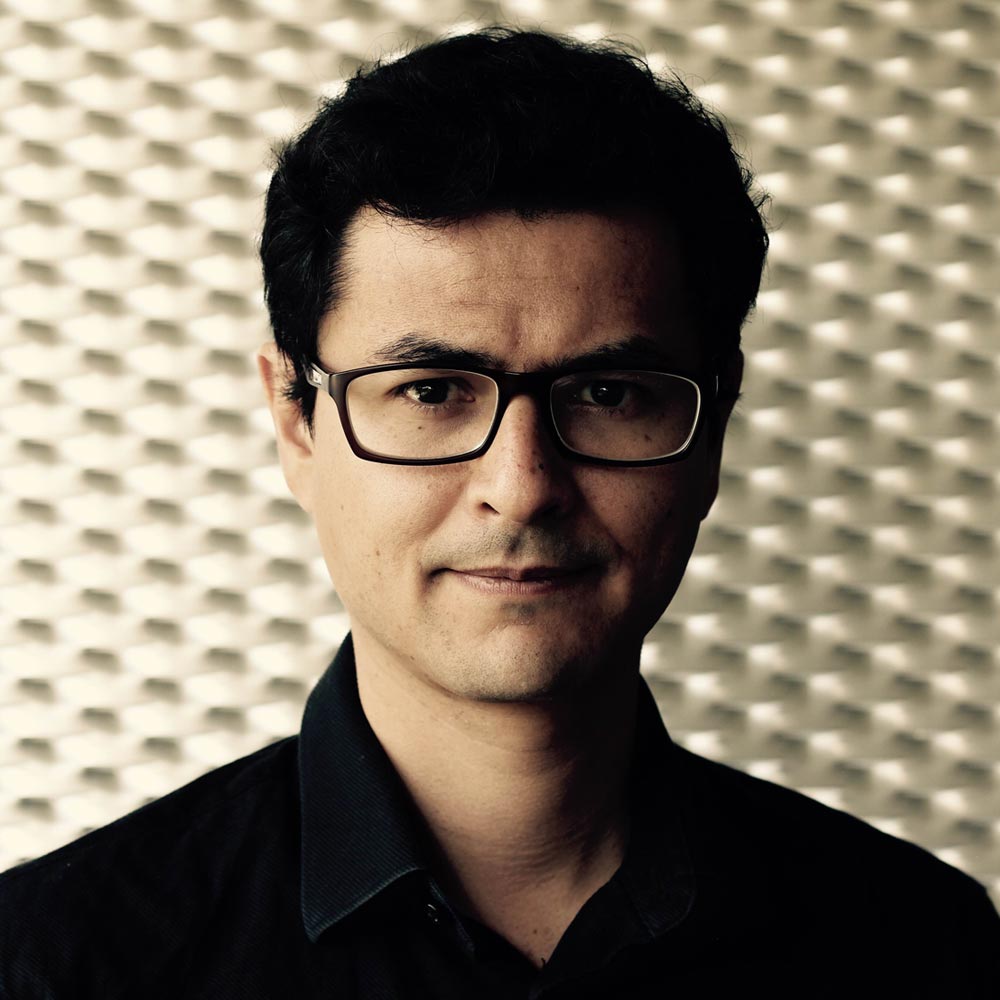
Composer
Edgar Barroso received his Phd in Music Composition from Harvard University, where he was director of the Harvard Group of New Music, and worked with Hans Tutschku, Brian Ferneyhough, Helmut Lachenmann, Michael Gandolfi and Chaya Czernowin. In 2013 he was selected as part of the Inaugural Society of Harvard Horizon Scholars and from 2010 - 2012 was the appointed Director of the Harvard Group for New Music. From 2015 - 2018 he became a member of Mexico's National System of Art Creators.
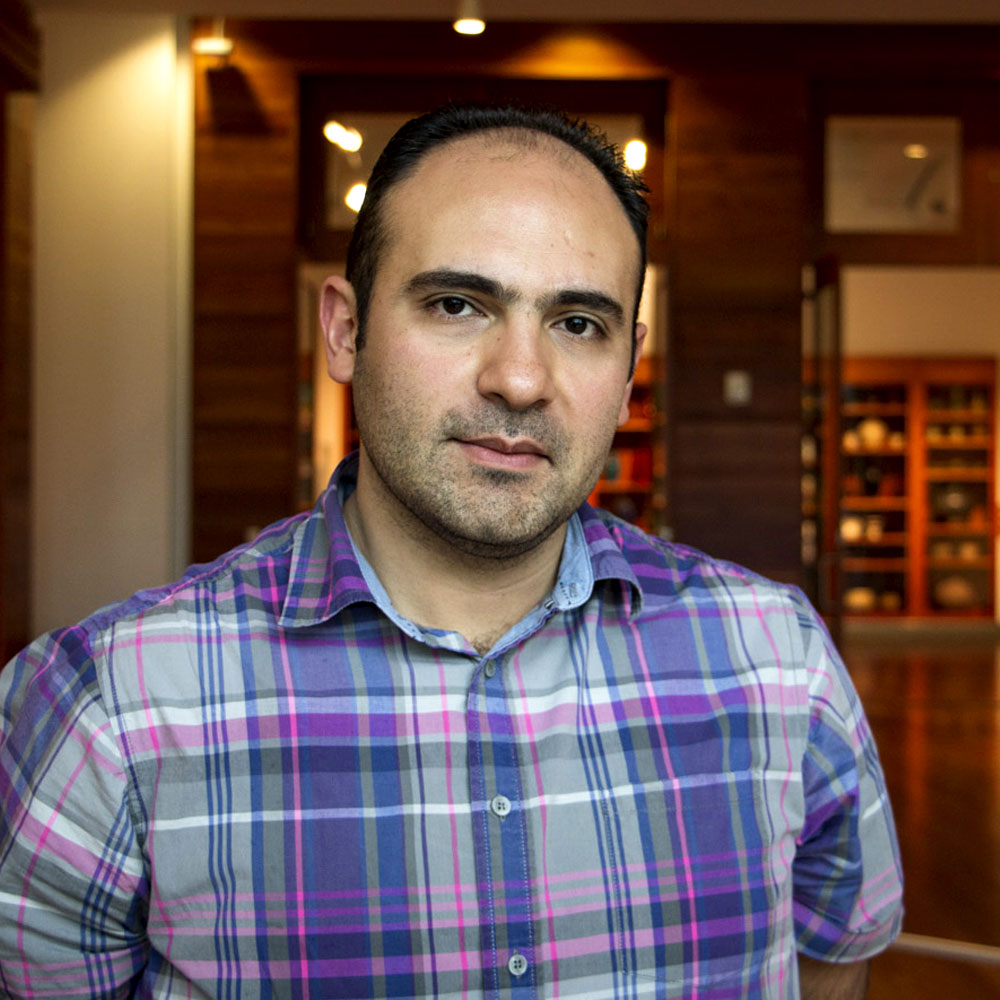
Composer
Nearly all of Navid Bargrizan’s compositions explore intonational and tuning concepts, ranging from just intonation and extended equal temperaments (e.g. 24-tone or 36-tone equal temperament) to various microtonal concepts adopted from diverse musical cultures. Since 2014, his experiments with microtonality have resulted in 13 premieres and more than 40 performances of his works in the United States, Canada, Germany, and Austria, including at New York City Electroacoustic Music Festival, Toronto International Electroacoustic Symposium, Eastern Music Festival, Florida Contemporary Festival, and conferences of the Society of Composers, Inc.

Composer
Throughout his career, composer ROBERT BAKSA has steadfastly resisted jumping on the bandwagon of musical fads or academic trends, choosing instead to pursue a personal vision of his own by speaking through a musical voice that combines the linear clarity and architectural shape of the classical era with a distinctly American and contemporary sensibility.
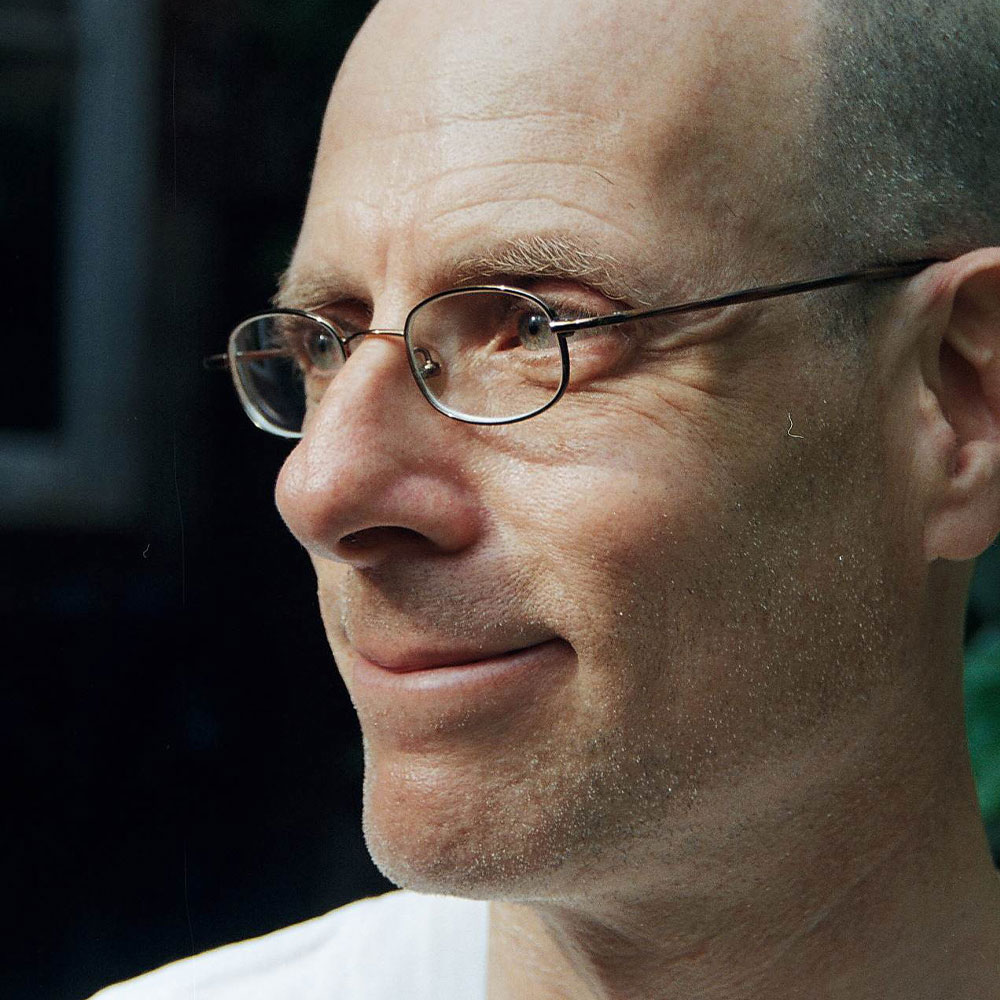
Composer
Sidney started composing when he was 6. He learned species counterpoint when he was 10, and entered Juilliard when he was 15, studying composition with Hall Overton. He also studied with Roger Sessions and Otto Luening at Juilliard, with Darius Milhaud at Aspen, and with Charles Dodge at Columbia University. Over the past 10 years, his hearing has diminished rather severely. But with some creative programming of his hearing aids, he has continued composing, and today is at the top of his creative powers.
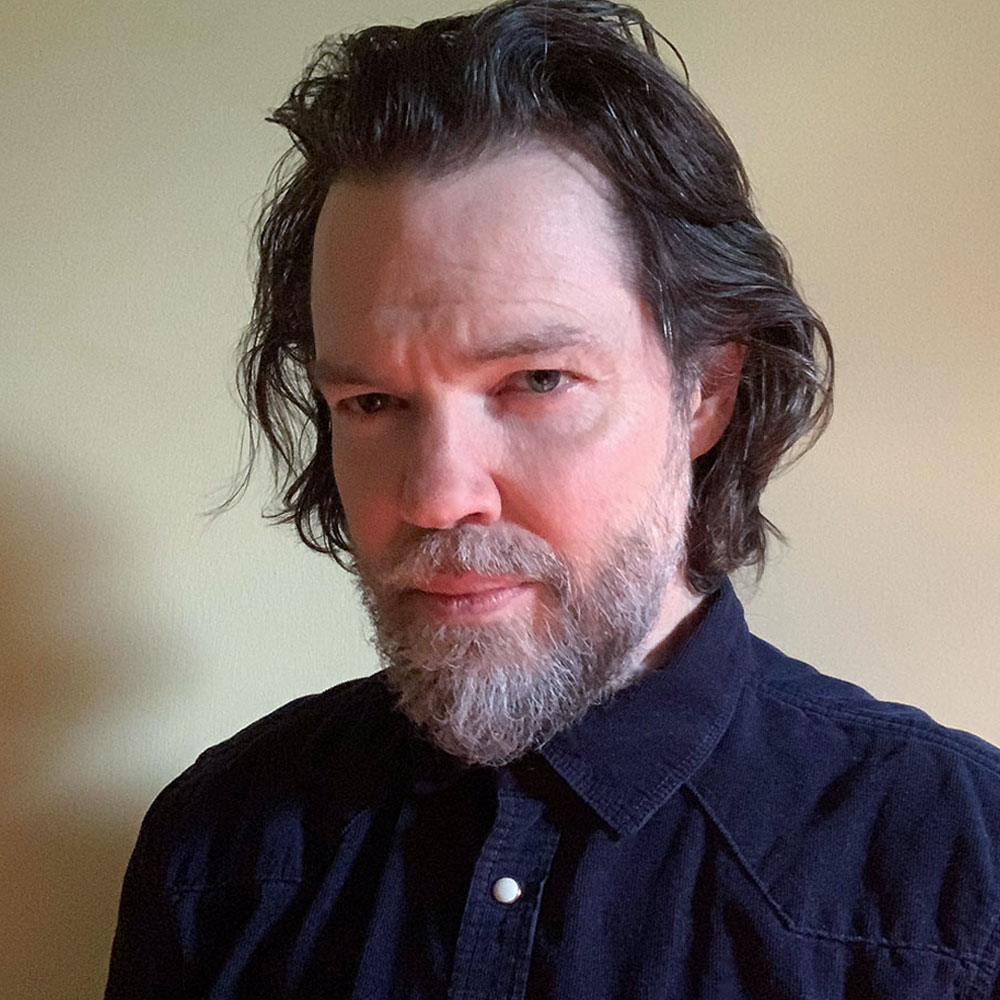
Composer
Jonathan Badger is a guitarist, composer, and video artist. He studied composition with Stephen Jaffe, Scott Lindroth, and John Harbison at Duke University; he also studied Guitar Craft, a tradition founded and guided by Robert Fripp of King Crimson. Badger’s work ranges from postrock sludge to neobaroque chamber music, and includes compositions for solo piano, string quartet, and vocal ensembles. In his live solo performances his compositions and improvisations are rendered using a variety of electronic implements while maintaining the character of solo guitar.
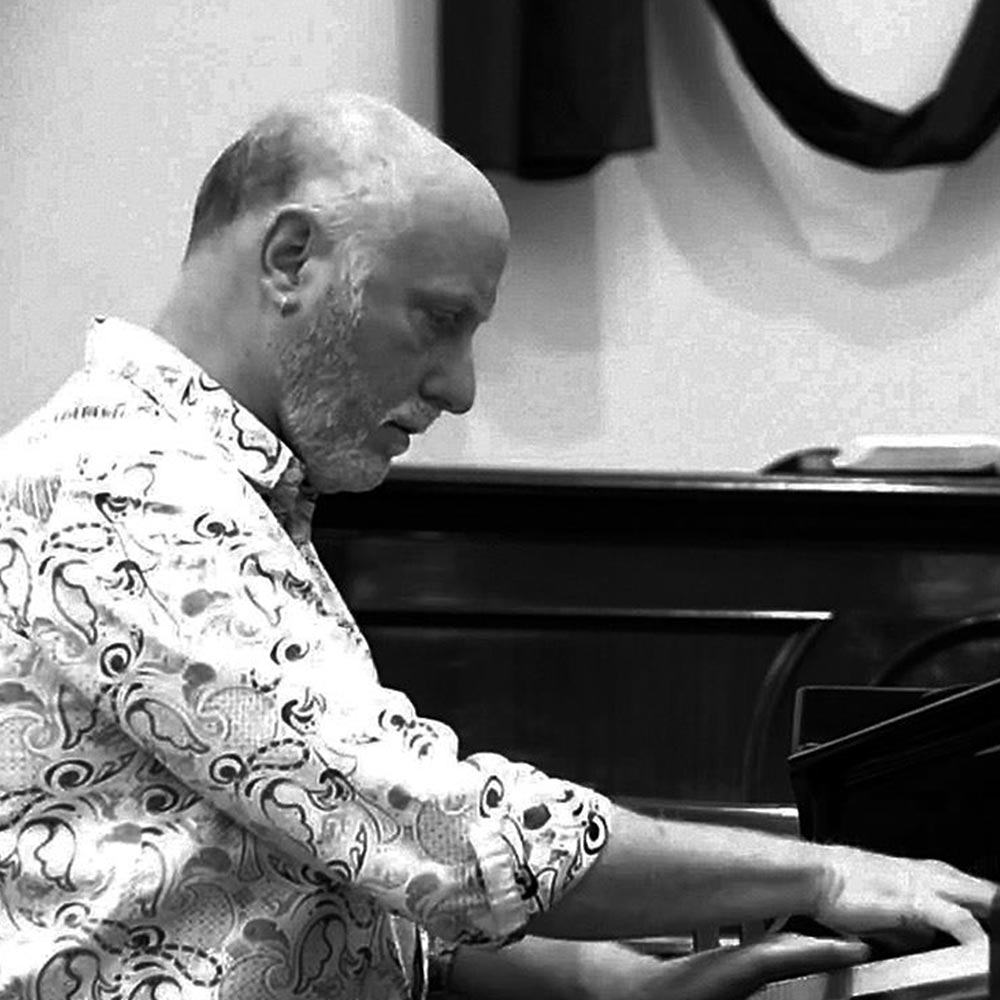
Composer
A recent review in Opera News states that Lawrence Axelrod is “a … composer whose fresh and distinctive music deserves to be more widely known.” At once composer, pianist, and conductor, Axelrod’s musical activities have taken him around the United States, Europe, South Africa, Australia, and New Zealand. As a composer, Axelrod has had works performed by ~Nois Saxophone Quartet, the London Sylvan Ensemble, Quintet Attacca, The Chicago Composers Orchestra, Palomar, Ensemble Dal Niente, Pinotage, The Lincoln Trio, The Duo Ahlert/Schwab, and The Verdi String Quartet in recent seasons. Frissons was premiered by ~Nois on a concert devoted to new music for saxophone quartet in June 2019.
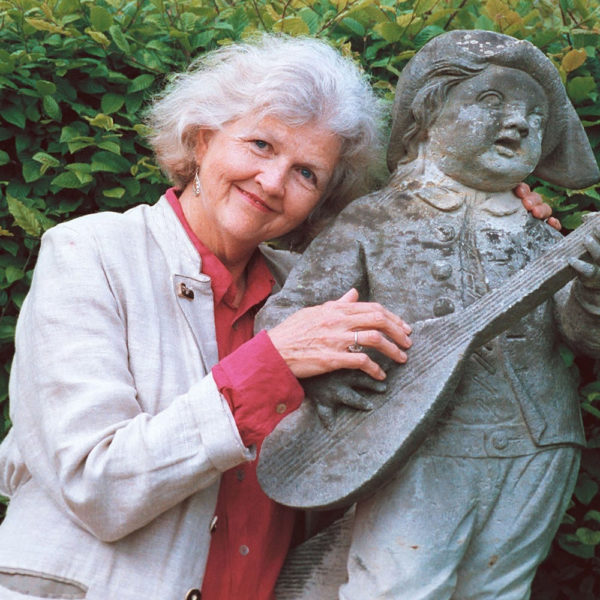
Composer
Elizabeth R. Austin’s music is meticulous and complex, filled with movement, growth, and turning points. Not a bad description for her own life.” This quote, from an article in SCOPE (Winter, 2011) written by Michael K. Slayton, continues to be relevant to this octogenarian, whose focus on writing music has become even more intense!
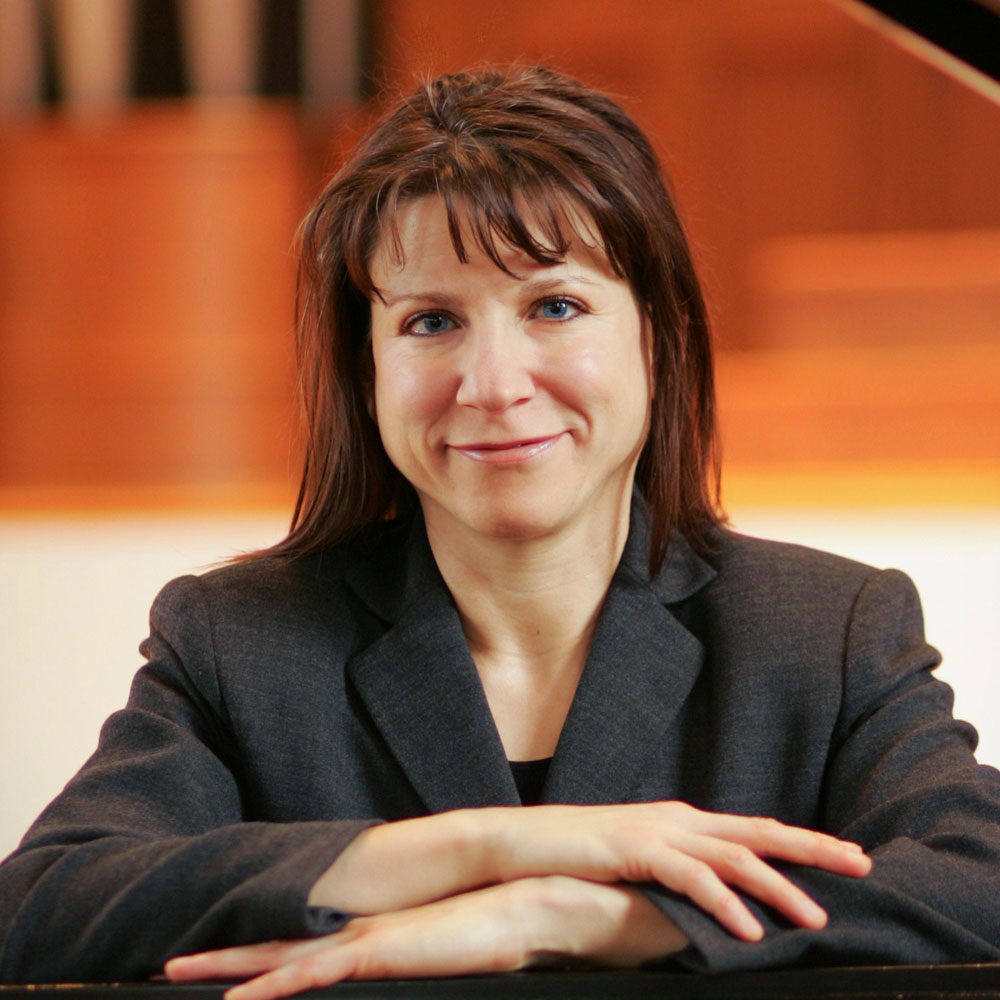
Pianist
Jeri-Mae G. Astolfi is a Canadian-born pianist whose playing has been lauded as “brilliant” (New Music Connoisseur), “persuasive” (Sequenza21), and “beautiful” (American Record Guide). Her repertoire, ranging from the Renaissance era through the present, clearly affirms her keen interest in new music, which has led her to commission and premiere many new solo and collaborative works—music that has been featured on live radio broadcasts and released by Albany Records, Innova Recordings, Ravello Records’ Capstone Collection, Ravello Records, as well as various recordings for the Society of Composers Inc. Performers Recording Series.
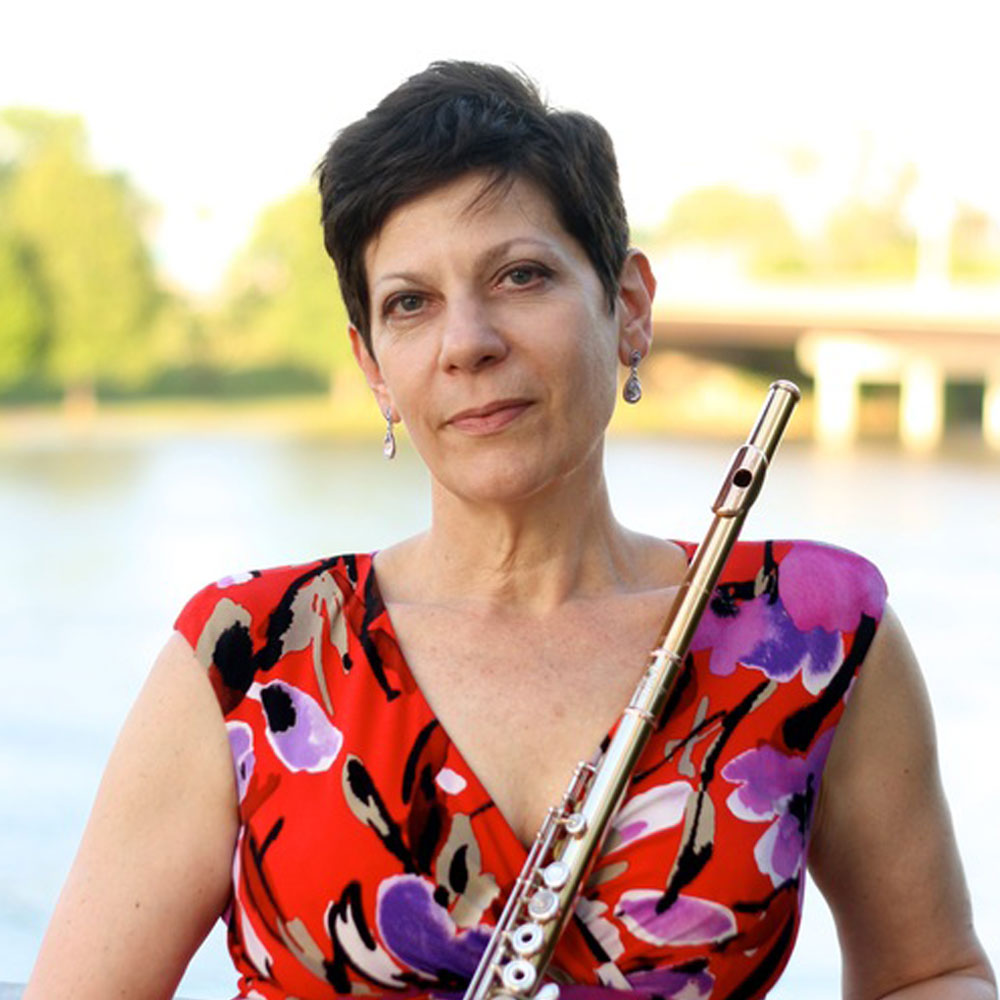
Flutist
Francesca Arnone is an active flute and piccolo soloist, chamber musician, and clinician. An avid traveler, she enjoys pursuing this passion through music and has performed in Europe, Asia, and the Americas, in such venues as St. Martin-in-the-Fields, Royal Northern College of Music, Royal Conservatory of Madrid, Benedetto Marcello Conservatory in Venice, Split Academy of Music in Croatia, and the Chicago Public Library.
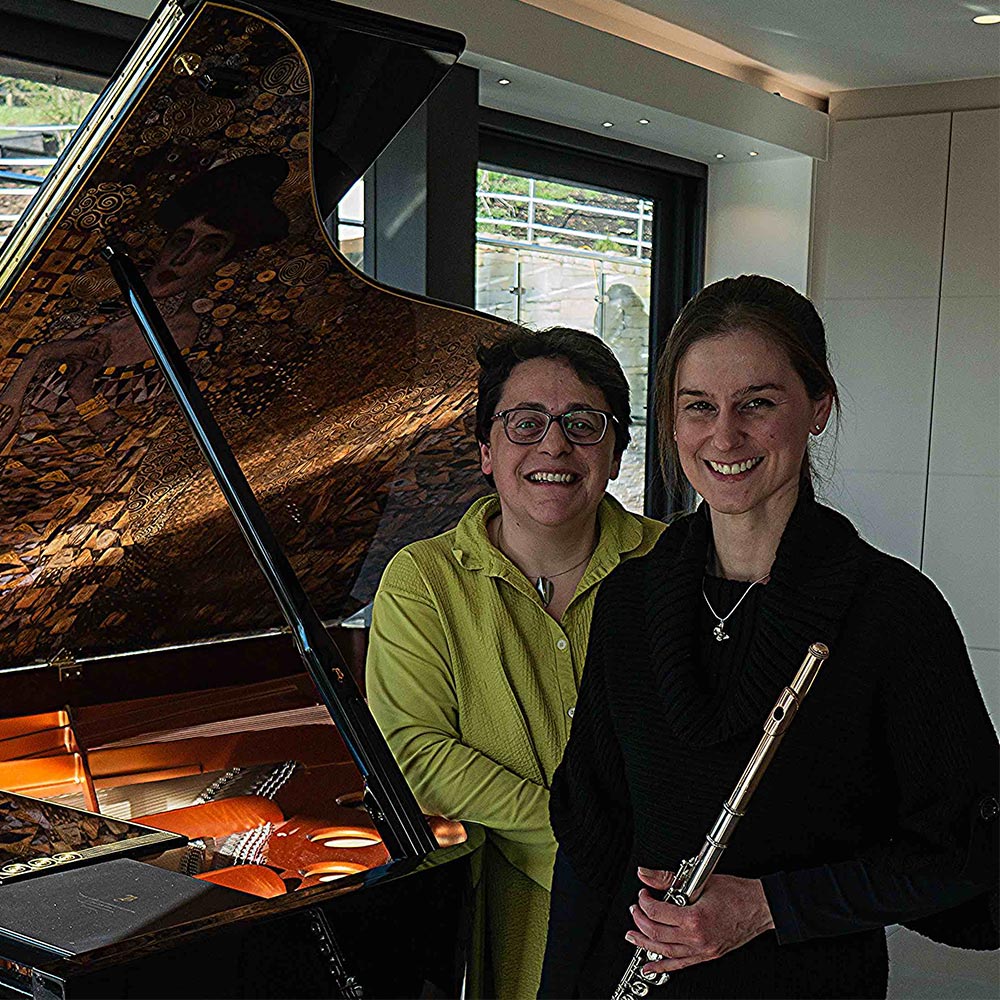
Ensemble
The ANIMO flute and piano duo is the creation of flautist Sarah Waycott and pianist Yanna Zissiadou. Both experienced performers and educators, they came together in 2018 to form an idea for a contemporary music duo that will break through the “Classical Music” norms and perform music that is soulful and accessible by all, regardless of its origins, style, and medium.
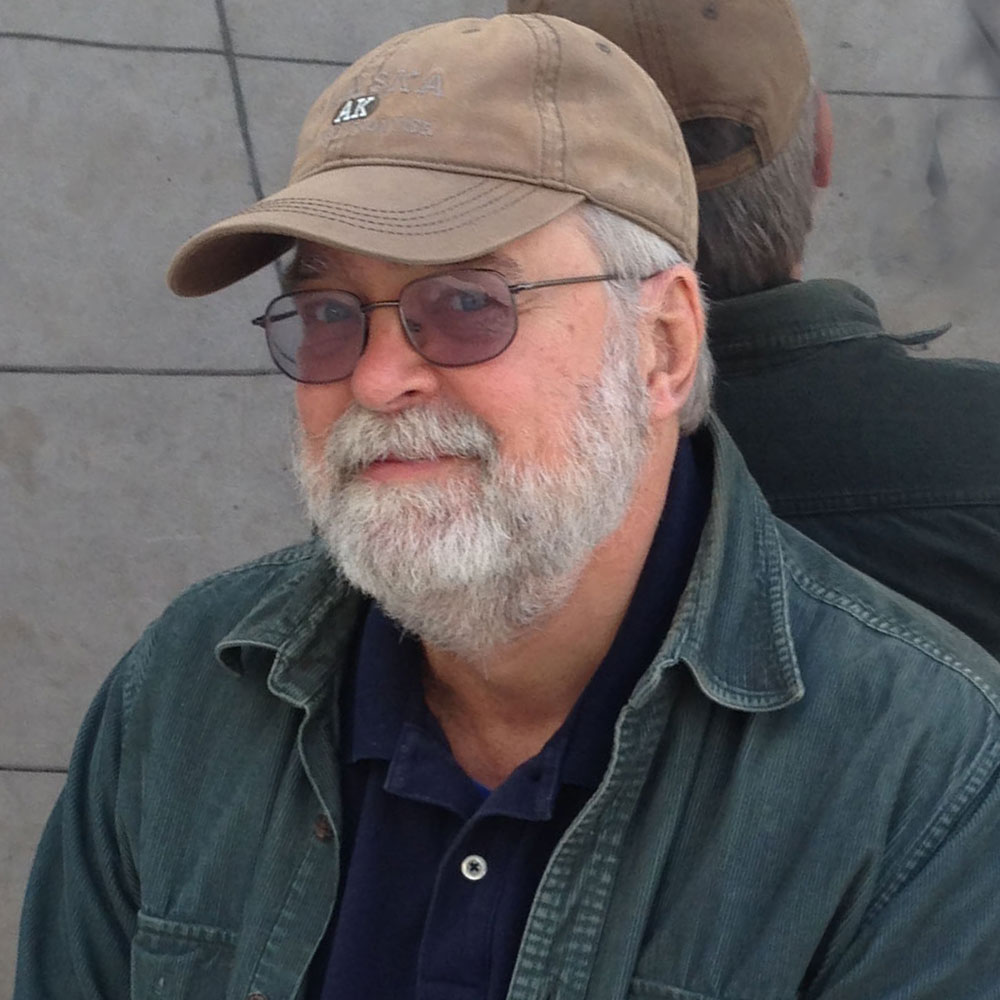
Composer
Douglas Anderson is a composer, conductor, educator, and producer who has been active in the New York area for 45 years. He studied music and psychology at Columbia University, where his three degrees culminated in a doctorate in music composition in 1980. His professional career began as a jazz musician at the age of 12, and he performed widely in the Eastern United States before moving to New York to attend college. His work as a conductor has been his performance focus for the last several decades.
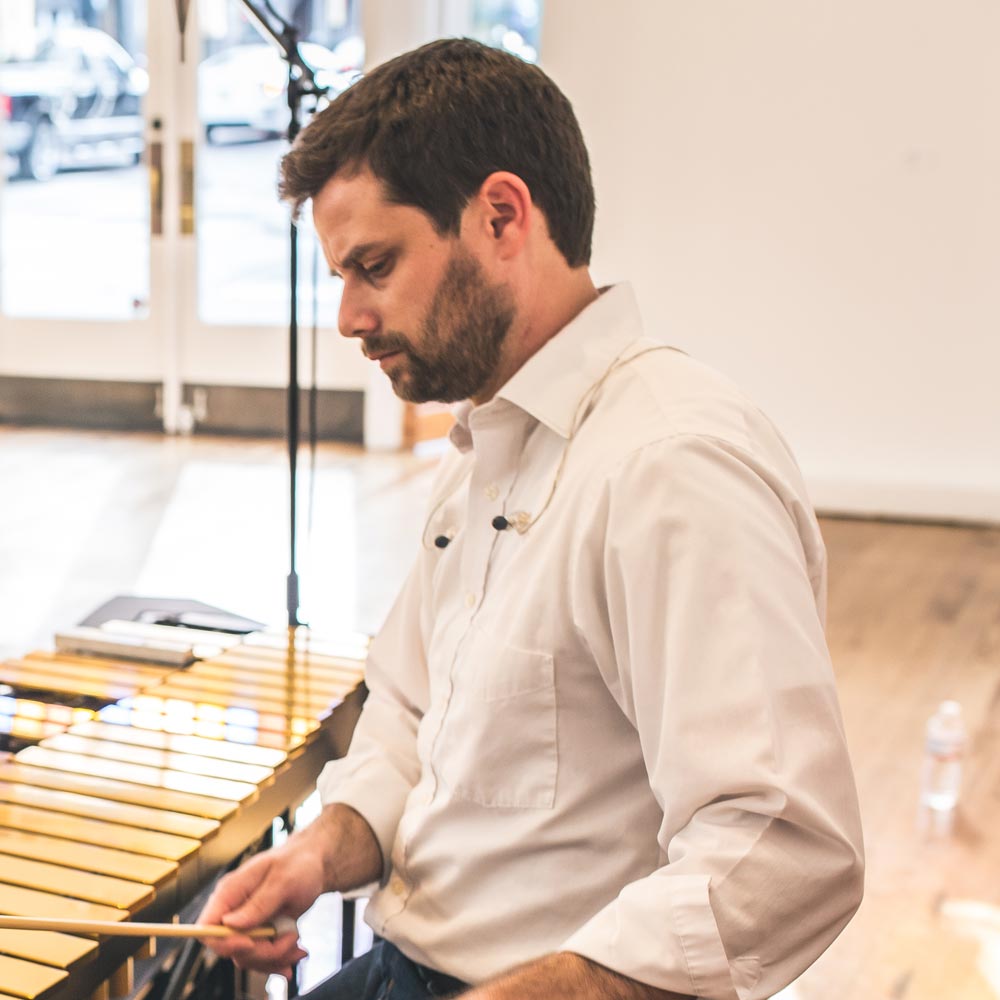
Composer
Thad Anderson (b. 1980) is a faculty member at the University of Central Florida where he has roles in the percussion, composition, and music technology fields. In addition to his teaching duties, he also oversees the Collide Contemporary Music Series and directs the UCF New Music Ensemble. Actively composing in instrumental, electronic, and multimedia genres, Anderson has composed pieces for the Omojo Percussion Duo, George Weremchuk, Grand Valley State University, Nora Lee Garcia, the Heisler/Yeh Duo, the Patterns Quartet, and Korry Friend. He frequently collaborates with immersive visual artist Diana Reichenbach and composed music for the award-winning documentary film Standard Deviation.
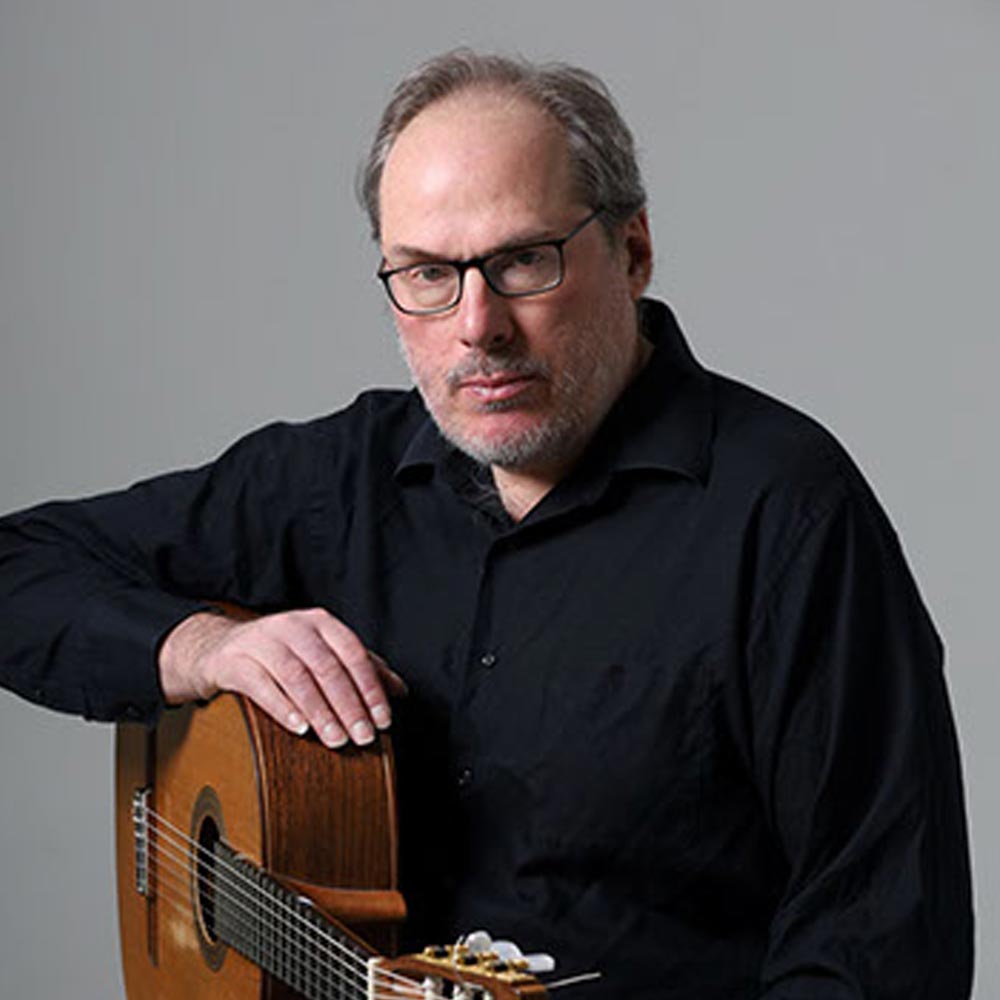
Guitarist
Composer and guitarist William Kentner Anderson began playing chamber music at the Tanglewood Festival at age 19. He later performed with the Metropolitan Opera Chamber Players, Chamber Music Society of Lincoln Center, NY Philharmonic, and many other NYC-based ensembles and organizations. Anderson was recently featured at the Festival Internacional Camarata 21 in Xalapa, Vera Cruz, Mexico, Ebb & Flow Arts in Maui, and Moderne Mandag in Copenhagen and was a member of the Theater Chamber Players, the resident ensemble at the Kennedy Center in Washington DC.
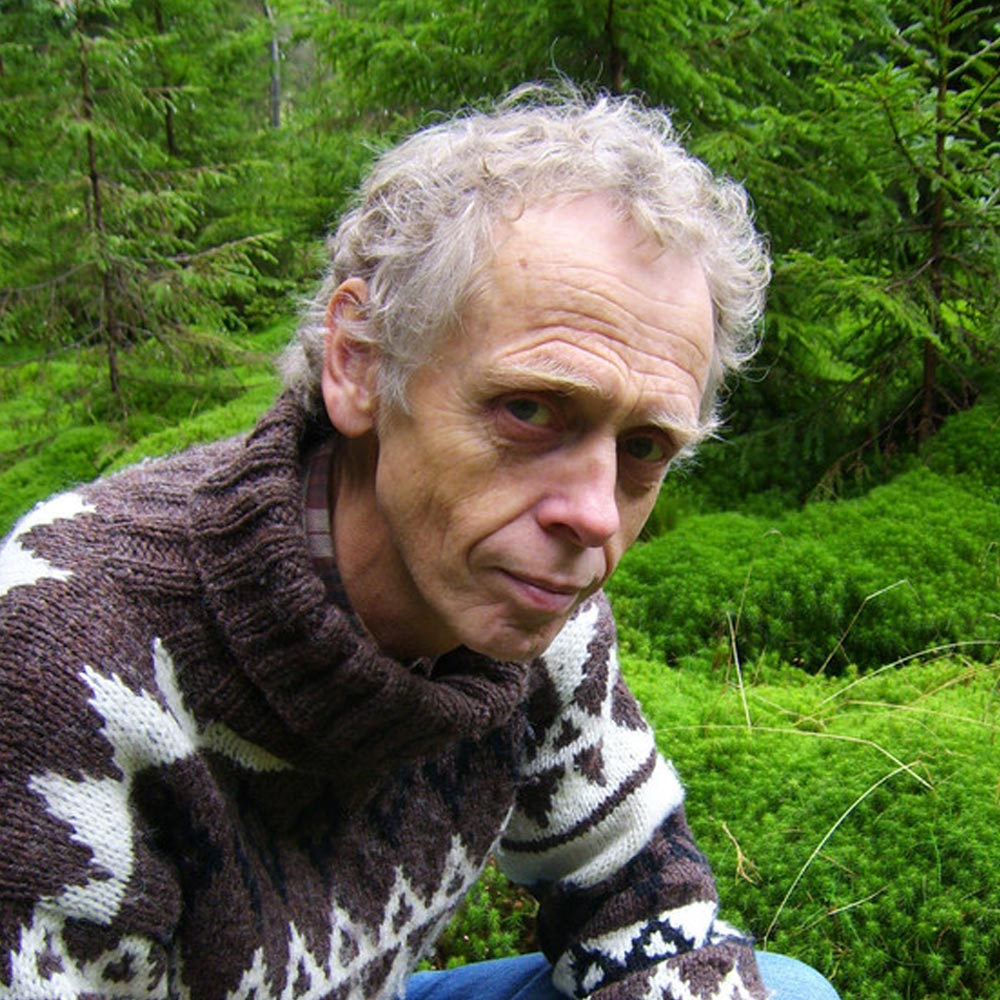
Composer
Born in Trondheim 1952. The Music Conservatory of Bergen (now The Grieg Academy) 1969-1971 (Church musician, composition studies with Ketil Hvoslef). Royal College of Music in Stockholm 1971-1972 (composition studies with Ingvar Lidholm). Full time composer since 1974. Has written commissioned works for the large orchestras of the country, for choirs like Bergen Cathedral Choir and The Norwegian Soloists Choir, for chamber ensembles like the Oslo String Quartet and Grieg Trio, and for soloists like Geir Inge Lotsberg (violin), Arvid Engegård (Hardanger fiddle), Njål Vindenes (guitar), Jan Hovden (piano), Geir Draugsvoll (accordeon), Bjørn Ianke (double bass), Eirik Birkeland (bassoon), Øyvind Bjorå (violin), Willy Postma (harp), Jun Zhi Cui (Chinese harp), Nils Økland (Hardanger fiddle), Ellen Sejersted Bødtker (harps), Kåre Nordstoga (organ) and many others.
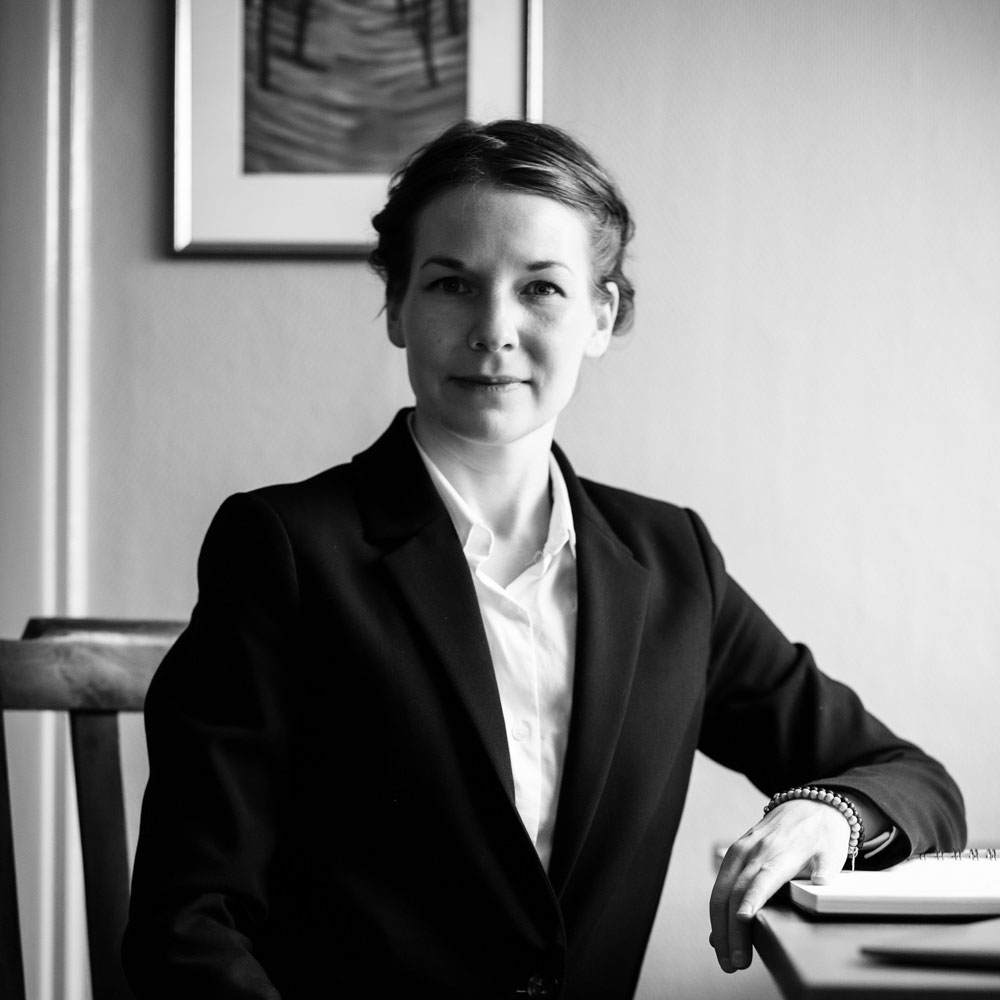
Composer
To listen to Rebecka Sofia Ahvenniemi’s music is to become open to the possibility of hearing surprising things: in her work, and through her compositional methods, the familiar is made strange and the unfamiliar finds space to sound. One encounters quotations from music history (or are they imagined quotations?), as well as fragmented and invented languages. The listener is invited to explore the intimate and hidden, gestural and timbral qualities of sound. Working with scores, electronics, voices, and instruments, Ahvenniemi creates works that range from operatic and theatrical scenes to solo compositions.
Artists
©2024 Ravello Records. All rights reserved. Website by PARMA Recordings. | Privacy Policy
